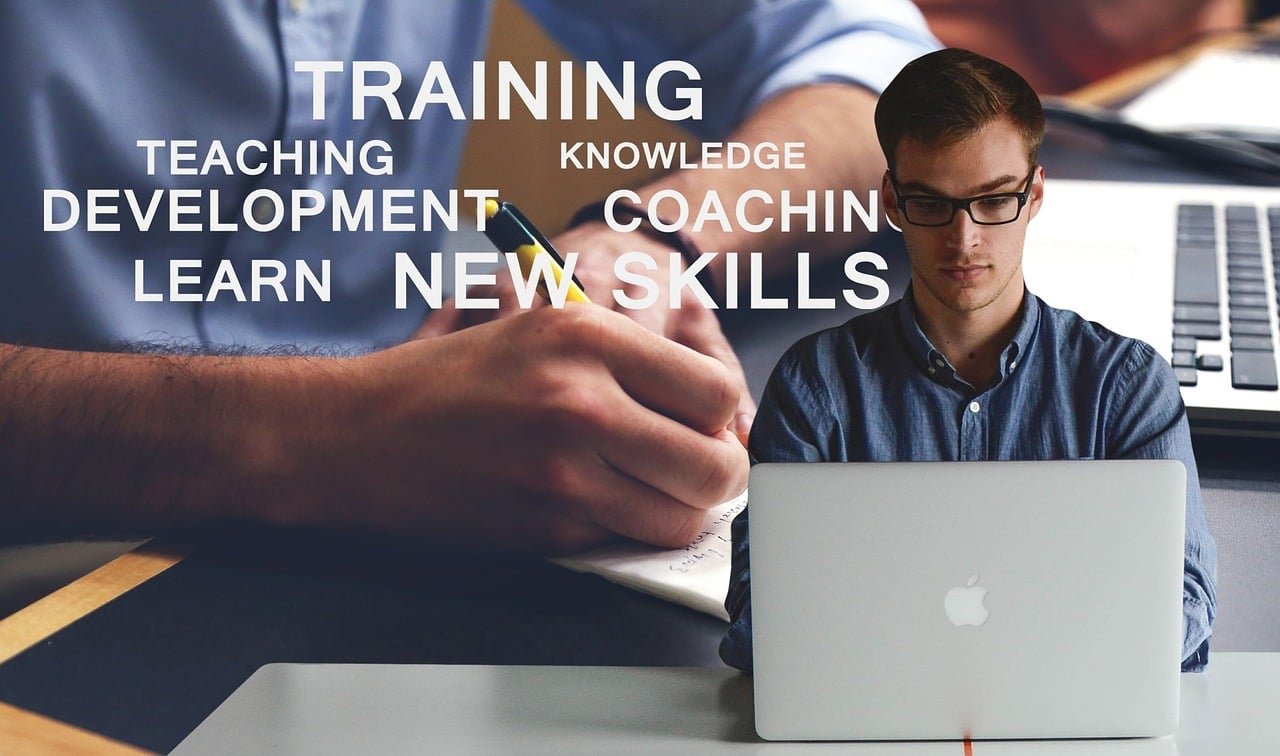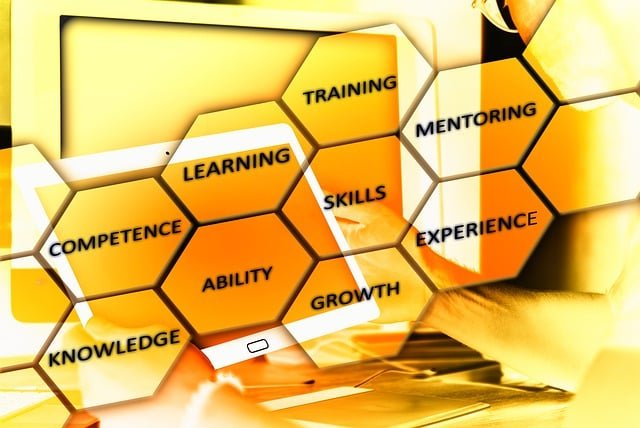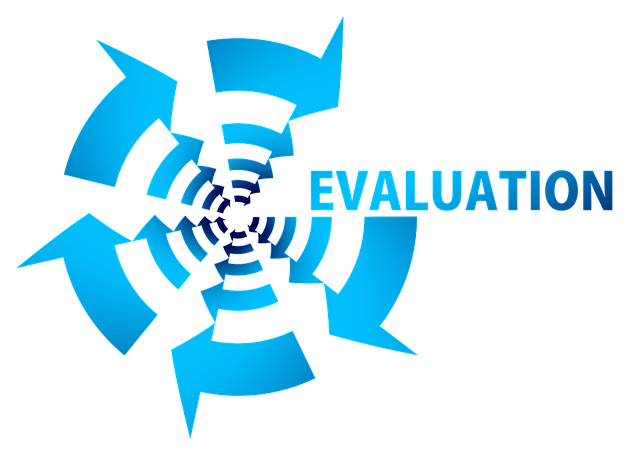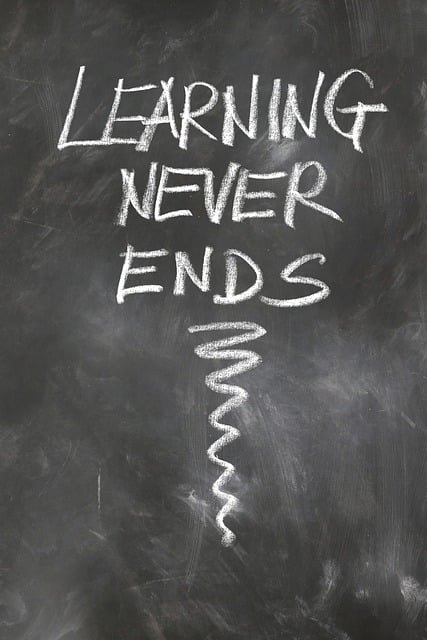
Confidential skill assessment to help you shine. Gain valuable insights, set achievable goals, and chart your path to success. Reveal your true capabilities with our proven skill assessment. Enhance your professional profile, stand out, and reach new career heights!
Table of Contents
Introduction
In today’s competitive job market, understanding and showcasing your skills is crucial for career advancement. Skill assessments are valuable tools that help people understand their strengths and weaknesses. These tests measure what a person can do in different areas, like math, writing, or problem-solving. Many schools and companies use skill assessments to determine if someone is ready for a job or a class. They can be multiple-choice questions, hands-on tasks, or even interviews.
Skill assessments have become an essential tool for both job seekers and employers. This blog post will reveal the secrets behind successful skill assessments and how they can significantly boost your career prospects.
Understanding Skill Assessments
Skill assessments are structured evaluations designed to measure an individual’s abilities in specific areas. These assessments can cover various competencies, from technical skills to soft skills. Here’s why they matter:
- Objective Evaluation: Skill assessments provide an unbiased measure of your abilities.
- Career Direction: They help identify your strengths and areas for improvement.
- Employer Confidence: Employers value candidates who can demonstrate their skills objectively.
Types of Skill Assessments
Different careers and industries may require various types of skill assessments. Some common types include:
- Technical Skill Tests: Evaluate specific job-related skills (e.g., coding, data analysis)
- Personality Assessments: Measure traits that influence work behavior
- Cognitive Ability Tests: Assess problem-solving and critical-thinking skills
- Situational Judgment Tests: Evaluate decision-making in work-related scenarios
- Language Proficiency Tests: Measure communication skills in specific languages

Situational Judgment Tests (SJTs) can predict job performance
SJTs present candidates with realistic workplace scenarios and ask them to choose the most appropriate response. These tests are highly effective in predicting job performance, as they measure candidates’ ability to apply their knowledge and skills in practical situations.
Understanding the type of assessment you’ll face is the first step in preparing effectively.
Preparing for Skill Assessments
Proper preparation is key to performing well in skill assessments. Here are some of the strategies to help you to get ready:
- Research the Assessment: Learn about the duration, format, and types of questions.
- Practice Similar Tests: Look for sample questions or practice tests online.
- Review Relevant Material: Brush up on the skills being assessed.
- Time Management: Practice working under timed conditions.
- Self-Assessment: Identify your strengths and weaknesses beforehand.
Maximizing Your Performance
On the day of the assessment, follow these tips to perform at your best:
- Read Instructions Carefully: Ensure you understand what’s expected.
- Manage Your Time: Allocate time wisely across all sections.
- Stay Calm: Take deep breaths if you feel anxious.
- Answer Strategically: Start with questions you’re confident about.
- Double-check: Review your answers if time allows.

The Impact of Sleep on Cognitive Performance
While most people focus on last-minute cramming, few realize the crucial role of sleep in skill assessment performance. Getting 7-9 hours of quality sleep the night before can enhance memory recall, problem-solving abilities, and overall cognitive function during the test.
Remember, the goal is to showcase your true abilities, not to achieve perfection.
Interpreting Assessment Results
Once you receive your results, it’s important to interpret them correctly:
- Understand the Scoring System: Learn how your performance is measured.
- Identify Strengths: Recognize areas where you excelled.
- Acknowledge Areas for Improvement: Note skills that may need development.
- Compare to Benchmarks: See how you stack up against industry standards.
- Seek Feedback: Ask for detailed explanations if available.
Use these insights to create a targeted plan for skill enhancement.
Leveraging Assessment Outcomes

Longitudinal Assessment Tracking
Leveraging assessment outcomes over time can reveal skill progression patterns that aren’t apparent in single evaluations. This longitudinal approach allows organizations to identify slow learners, rapid improvers, and areas where skills plateau, enabling more targeted development strategies.
Skill assessment results can be powerful tools for career advancement. Here’s how to use them effectively:
- Update Your Resume: Highlight the strong skills identified in the assessment.
- Tailor Job Applications: Focus on roles that align with your strengths.
- Negotiate Better: Use positive results to support salary negotiations.
- Plan Professional Development: Address skill gaps with targeted training.
- Build Confidence: Let positive results boost your professional self-esteem.
Continuous Skill Development

Skill decay is a real phenomenon
Continuous Skill Development recognizes that skills can deteriorate if not actively used or maintained. This concept, known as skill decay, emphasizes the importance of regular practice and application to retain proficiency in a particular area.
Peer assessment plays a crucial role
In Continuous Skill Development, peer evaluations are often as valuable as manager assessments. Colleagues working closely together can provide unique insights into each other’s skills and areas for improvement, fostering a culture of mutual growth.
Skill assessment is not a one-time event but part of an ongoing professional growth process. Consider these strategies for continuous improvement:
- Set Learning Goals: Create specific, measurable objectives based on assessment results.
- Seek Learning Opportunities: Look for workshops, online courses, or mentorship programs.
- Apply New Skills: Find ways to practice newly acquired skills in your current role.
- Request Regular Feedback: Ask colleagues or supervisors for input on your progress.
- Reassess Periodically: Take follow-up assessments to track your improvement over time.
Conclusion
Skill assessments are powerful tools that can significantly boost your career. By understanding the process, preparing thoroughly, and leveraging the results, you can gain valuable insights into your professional capabilities and chart a clear path for career growth. Remember, the key to success lies in performing well on assessments and using the knowledge gained to improve and adapt continuously in your professional journey.
Are you ready to take your career to the next level? Start by identifying relevant skill assessments in your field and begin your preparation today. Your future self will thank you for the investment in your professional development.
